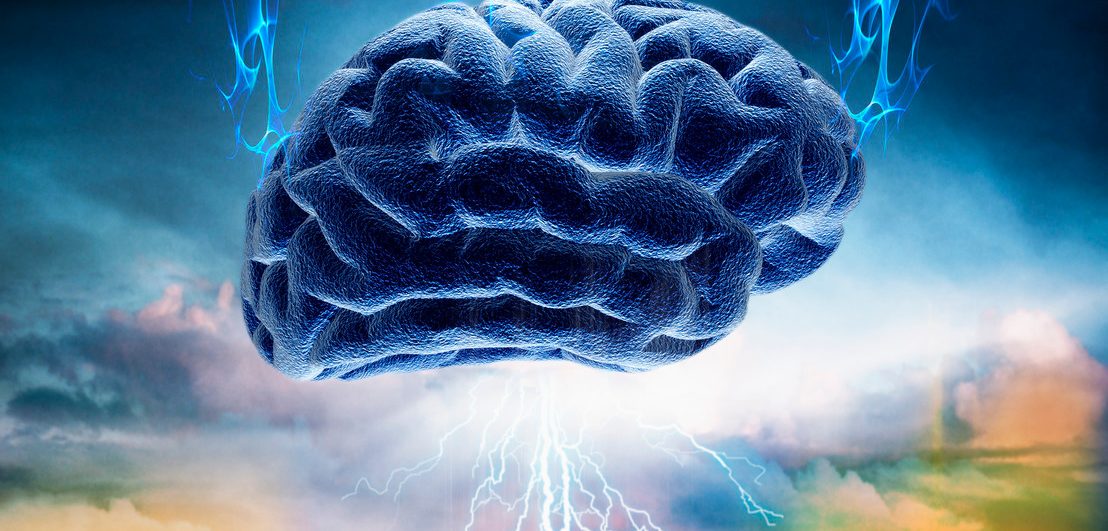Pregnancy Changes Your Brain

“Mom brain” — fuzzy forgetfulness — is a real phenomenon but it’s not all bad. It helps you bond. Learn how pregnancy changes your brain and why it matters.
Pregnancy actually changes your brain — one of nature’s ways of fitting you for your new job.
One study indicates that the changes, which show up on a brain scan, last at least two years and help you connect with your baby. In fact, a computer algorithm reading a brain scan could predict with 100-percent accuracy whether a woman had been pregnant.
YOU MIGHT ALSO LIKE: Morning Sickness Is a Good Sign of Pregnancy
Earlier studies identified those fuzzy moments that occur in pregnancy, for example that it becomes harder to hold on to verbal information during the last trimester. Your brain actually shrinks. Then, as long as you aren’t suffering from postpartum depression, your memory and reasoning should bounce back. Rodents may even get better at foraging for food as new mothers.
Neuroscientist Elseline Hoekzema from Leiden University the Netherlands and a team in Barcelona, Spain, decided to look further to see how pregnancy changes your brain when one of her colleagues began trying to become pregnant. They gathered first-time mothers, testing them before conception and during pregnancy; and also first-time fathers, as well as women and men without children.
Everyone got a brain scan looking at structures in gray matter tied to memory. As in earlier research, it turned out that the pregnant women lost an important chunk of their gray matter, signs of the brain “pruning” — in other words, tidying up. Two years later, the changes had persisted. The same effect didn’t show up in the fathers or people without children.
The parts of the brain that changed were also the parts that lit up when the mothers looked at photos of their babies — and more so than when they looked at other infants. The researchers also gave the mothers surveys to judge their attachment to their babies — and it turned out that more brain changes matched stronger attachment.
So it seems that the changes help women bond to their infants, and help mothers read a baby’s reactions. Becoming a parent looks much like falling in love.
Having a new child also leads to sleep loss and other experiences — so the readings two years later could reflect those as well. To test that, Mel Rutherford, an evolutionary psychologist at McMaster University in Hamilton, Canada, suggested further research. We’d need to see similar scans of adoptive mothers before and after the adoption, and also scans of women who gave up their children for adoption.
It’s clear that parenting has an effect. Fathers also experience brain changes, though not in exactly the same way, and the more caregiving they do, the greater the changes, other research concluded.
Hoekzema and her colleagues are now designing research to examine brain changes after multiple pregnancies, and also whether brain changes in a pregnancy can predict postpartum depression. If a predictive test emerges, it might lead to women receiving help earlier.
The fact that having or raising a child is transformative won’t surprise new parents, who most often experience that they fall in love with their children. But it may help to know that your fuzziness while pregnant is part of nature’s plan.
YOU MIGHT ALSO LIKE: Pregnancy in Women with Congenital Heart Disease
Updated:
April 07, 2020
Reviewed By:
Janet O’Dell, RN